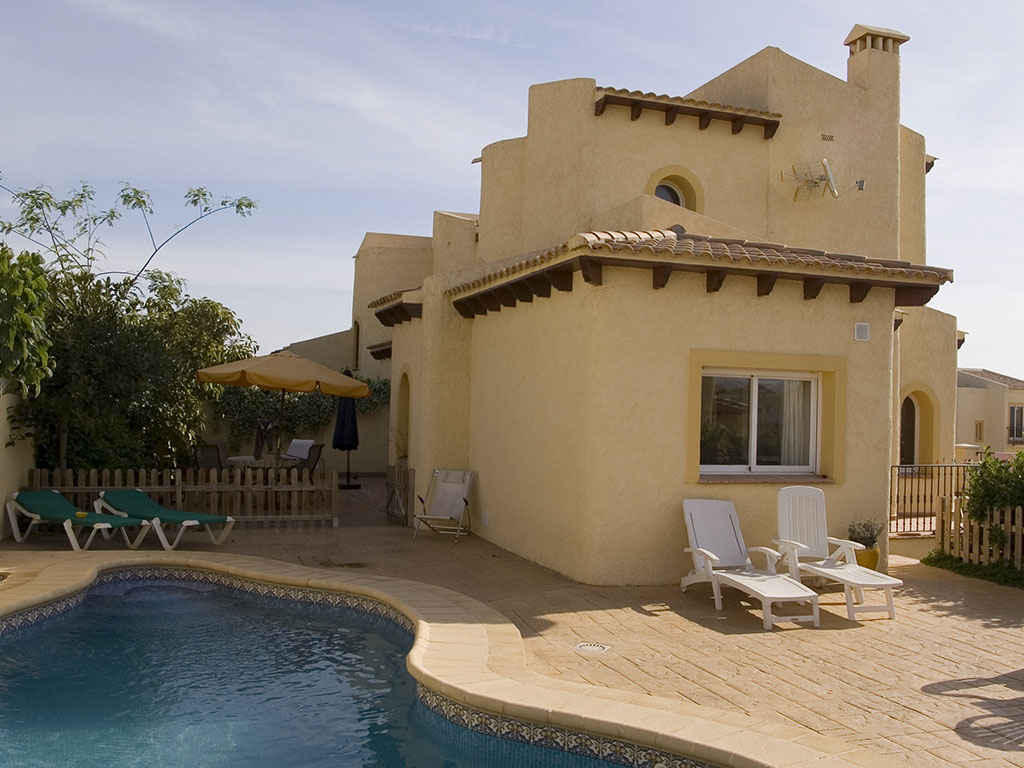New rules governing holiday lets in some countries mean homeowners who do not prepare in advance may not have their property ready in time for high season, particularly in popular European destinations such as Spain, France, Portugal, Italy and Greece.
Anyone who recently purchased a holiday home they intend to let is likely to have paperwork to sort out, as well as kitting out the property and arranging the practical things like organising changeovers. Leave these things too late and you’ll miss out on the most profitable time of the year – the summer. Here are eight tips to help get owners started.
1. Register your property for tourist rentals
Spain, Greece and Portugal, amongst other countries, all require properties to have a licence or authorisation from the local council in order to be let legally to holidaymakers. Being caught in breach of this rule could lead to a hefty fine – in Spain this can range from €3,000 to €30,000.
Depending on the location, you may also be required to give passport details of paying guests to the local police station, just as hotels must record these details. You may also need to collect a tourist tax from your guests, which you pass on to the local government.
2. Declare your rental income
Remember, the authorities are looking at international rental websites to track down tax dodgers. The UK has double tax treaties with most European countries, so you won’t pay the same tax twice on earnings.
Think of small things you would like to find if you were staying in your home
3. Use a managing agent if you live in the UK
They can take much of the hassle of rentals, so look for one that has a good reputation locally. Normally they will charge 15 to 20 percent of the rent received and although this can seem a lot of money, good managing agents are worth every penny.
They will ensure that your property is well maintained, supply cleaners, meet and greet visitors and be on call if there are problems.
4. If you manage it yourself, be prepared to work
You will need to answer all enquiries from prospective renters, keep a calendar of arrivals and departures, maintain the premises to a high standard, welcome your guests and check everything when they depart and be on 24-hour call for emergencies.
5. Present your property well
Take really good photos for your advertisement, not only of the interior but also of the surroundings. Cleanliness is paramount and tourists from all over the world expect high standards.
Think of small things you would like to find if you were staying in your home – little extras count for a lot and earn good reviews. TV, Satellite, Wi-Fi and DVDs are often expected these days!
6. Offer a welcome pack
Sometimes visitors arrive late, the shops are closed and they don’t want to go to out to eat. A basket of essentials is always welcome – eggs, butter, bread, tomatoes, salad, water, beer and/or wine.
7. Provide information about the local area
Leave the district’s calendar of events, leaflets about local attractions, music festivals, sports and pretty beaches. Mention all these in your advert. Direct guests to local tourist offices for more options. Don’t forget to mention local markets of all descriptions. Holidaymakers love markets!
8. Get suitable insurance
Your household and contents insurance policy should be provide adequate cover for holiday rentals, including the necessary third party liability and cover for vacant periods. There are UK insurers that specialise in these types of policy, or look locally.
Richard Way is the Editor of The Overseas Guides Company, 0207 898 0549.





